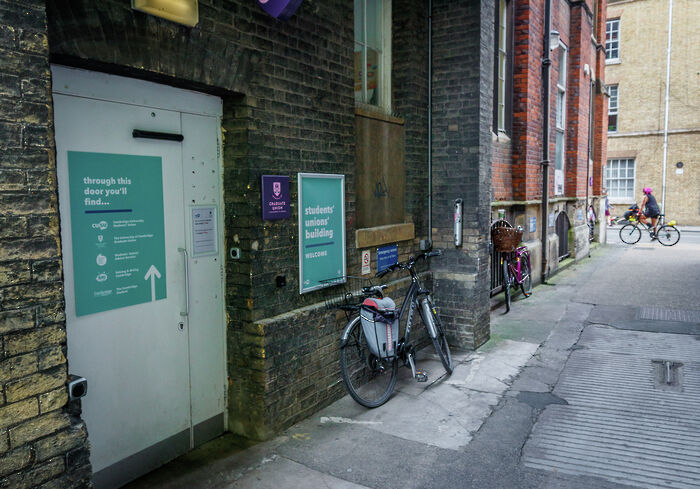Campaign launched against proposed amendment to Regent House membership criteria
The proposed change would mean many Research Associates would lose their Regent House membership and right to vote in University elections.

A significant number of postdoctoral research associates stand to lose their voting rights in Regent House, the University’s governing body.
While a Grace was proposed earlier this year to widen membership of Regent House, an amendment to the Grace – passed by University Council – would instead strip membership eligibility away from a large proportion of research associates.
The proposed amendment would extend membership only to those who have worked for the University continuously for three or more years. It has been estimated that “between a half and three quarters” of University research staff will be excluded from Regent House membership if the amended Grace is passed.
Got a story for us?
Seen something you think Varsity should be talking about? Contact our News team at news@varsity.co.uk.
Membership to the Regent House is currently granted to research associates only if their faculty enrols them, or their department does not fall under a faculty. Not all faculties choose to inclusively enrol every member of their staff: meaning some research associates have Regent rights, such as the right to vote in University elections, while others do not.
The original Grace, proposed on June 27th, sought to remove these inconsistencies. However, the Grace as amended by University Council would mean that many existing Regent members would have their membership revoked if they do not meet the three-year criteria. As a large number of postdoctoral staff are employed on contracts lasting less than three years, postdoctoral representation in Regent House would likely decrease.
The Campaign for Cambridge Freedoms has protested the move, urging Regent House to pass the original Grace and block the amendment. Professor Ross Anderson, who is heavily involved in the campaign, argued that the proposed amendment will “infringe [on Research Associates’] employment rights”, and “discriminate against colleagues who have taken a career break to start a family”.
Daniel Thomas, a research associate at Peterhouse, told Varsity that “the proposed amendment suggests that parts of the University don't value the contribution of Research Associates to the University community.” He added that it “it suggests a fear of democracy, which undermines the very basis of the University's democratic governance.”
Stephen Kell, an outgoing research associate of the University, stated that “this issue is a microcosm of a wider issue: the creeping imbalance, unchecked for a long time now, which has allowed early-career research to degenerate into a gig economy.”
The Cambridge University and College Union told Varsity that their committee voted to oppose the amendment, “because it proposes a qualifying period that would introduce another arbitrary distinction around Regent House membership, applying to Research and Computer Associates but no other categories of staff.” They also said, “it would also disenfranchise a large number of existing Regents.”
Sofia Ropek-Hewson, the president of the Graduate Union, said that “we should be democratising University governance, rather than disenfranchising research staff.”
The University did not respond to a request for comment on this issue.
Signed flysheets opposing the amendment will be submitted on Thursday 4th October, followed by the ballot in which Regent members will cast their votes on the Grace.
 Music / The pipes are calling: the life of a Cambridge Organ Scholar25 April 2025
Music / The pipes are calling: the life of a Cambridge Organ Scholar25 April 2025 News / Candidates clash over Chancellorship25 April 2025
News / Candidates clash over Chancellorship25 April 2025 Interviews / Dr Ally Louks on going viral for all the wrong reasons25 April 2025
Interviews / Dr Ally Louks on going viral for all the wrong reasons25 April 2025 Comment / Cambridge builds up the housing crisis25 April 2025
Comment / Cambridge builds up the housing crisis25 April 2025 News / Cambridge professor paid over $1 million for FBI intel since 199125 April 2025
News / Cambridge professor paid over $1 million for FBI intel since 199125 April 2025






